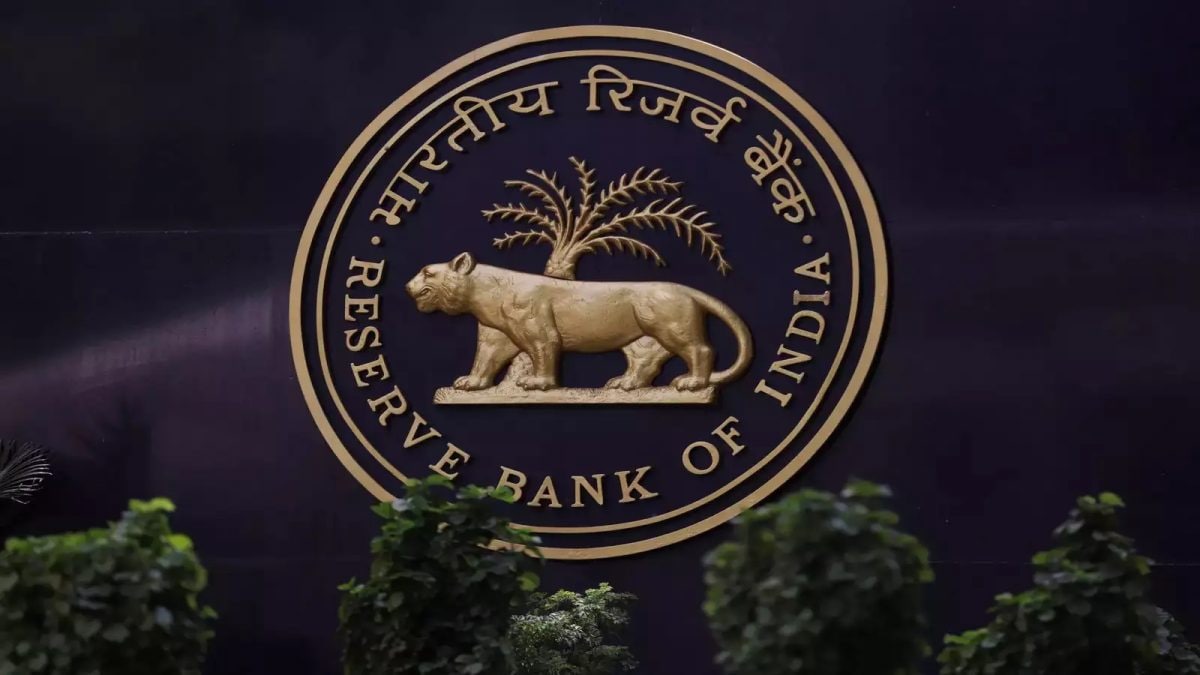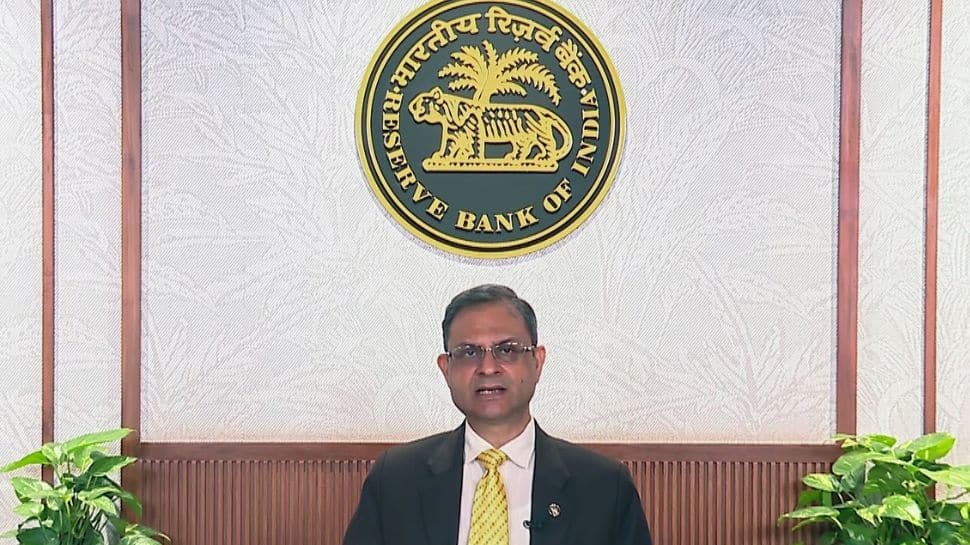Business
Tata Group Tussle: What’s Behind The Boardroom Rumblings And Tata Sons Listing Row
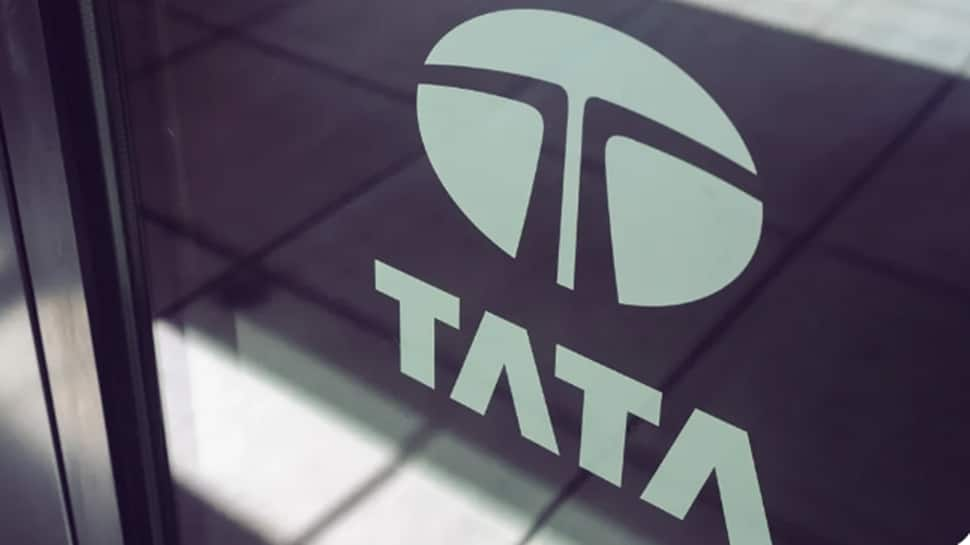
The Tata Group, one of India’s largest and most respected business conglomerates, is facing growing internal differences over whether its parent company, Tata Sons, should be listed on the stock market. Tata Sons is the unlisted holding company that controls the Tata Group’s vast network of businesses — including Tata Steel, Tata Motors, Tata Consultancy Services, and Air India. According to its 2024–25 annual report, it holds stakes in 355 subsidiaries, 39 joint ventures, and 48 associate companies, and received Rs 36,149 crore in dividends from them last year, reported Mint
Because Tata Sons is unlisted, its shareholders cannot easily sell or “monetize” their holdings. The SP Group, which has been part of Tata Sons since the 1930s, has long wanted a listing to unlock the value of its stake — estimated between Rs 1.5 trillion and Rs 3 trillion, said reports.
The Core Dispute
The SP Group’s demand for listing gained momentum after its representative, Cyrus Mistry, was removed as Tata Sons chairman in 2016, a move that led to a bitter legal and personal fallout between the two groups.
The SP Group, which faces significant debt in its construction and infrastructure businesses, sees the listing as a way to raise funds and strengthen its finances. Earlier this year, credit rating agency ICRA reaffirmed a ‘BBB’ rating with a negative outlook for Shapoorji Pallonji and Company Pvt. Ltd., pointing to continued pressure on liquidity, said reports.
In contrast, Tata Trusts, which uses its dividends from Tata Sons to fund large-scale philanthropic projects, has no such financial pressure. In 2024–25, it disbursed Rs 902 crore in grants, with most funds directed to social and institutional programs. The Trusts also influence key decisions within Tata Sons, including top appointments and governance matters, and want the group to retain its private, long-term structure. Meanwhile, as per PTI reports, Tata Trusts has circulated a proposal to reappoint Mehli Mistry as a trustee for three of its key philanthropic bodies, a move that would make him a lifetime trustee.
RBI’s Role and the Listing Deadline
The Reserve Bank of India (RBI) added to the tension in September 2022, when it classified Tata Sons as an “upper-layer” non-banking financial company (NBFC) — a category that required the company to list its shares within three years, by September 2025.
However, Tata Sons moved to avoid that requirement by retiring debt and surrendering its NBFC licence earlier this year. This would allow it to remain a privately held company. The company is currently awaiting RBI’s approval for its deregistration.
The RBI’s silence on the matter since then has raised eyebrows among market watchers, with some questioning whether the central bank will enforce the original listing rule or allow Tata Sons to remain private.
What’s At Stake
According to experts, for the SP Group, listing Tata Sons could unlock much-needed value and ease its debt burden. In a recent statement, the group called the listing a “moral and social imperative,” arguing that it would “unlock immense value for over 1.2 crore shareholders of listed Tata companies who indirectly have a stake in Tata Sons.”
The Shapoorji Pallonji (SP) Group has renewed its call for public listing. In a strongly worded statement, the group described the IPO as “a moral and social imperative”, saying it would “unlock immense value for over 1.2 crore shareholders of listed Tata companies.
For Tata Trusts, however, a public listing could mean less control over the company that anchors the entire Tata empire. The Trusts’ leadership believes the current structure — where dividends from Tata companies fund its philanthropic work — best preserves the vision of Jamsetji Tata, the group’s founder, noted analysts.
Business
Petrol, Diesel Fresh Prices Announced: Check Rates In Your City On December 15
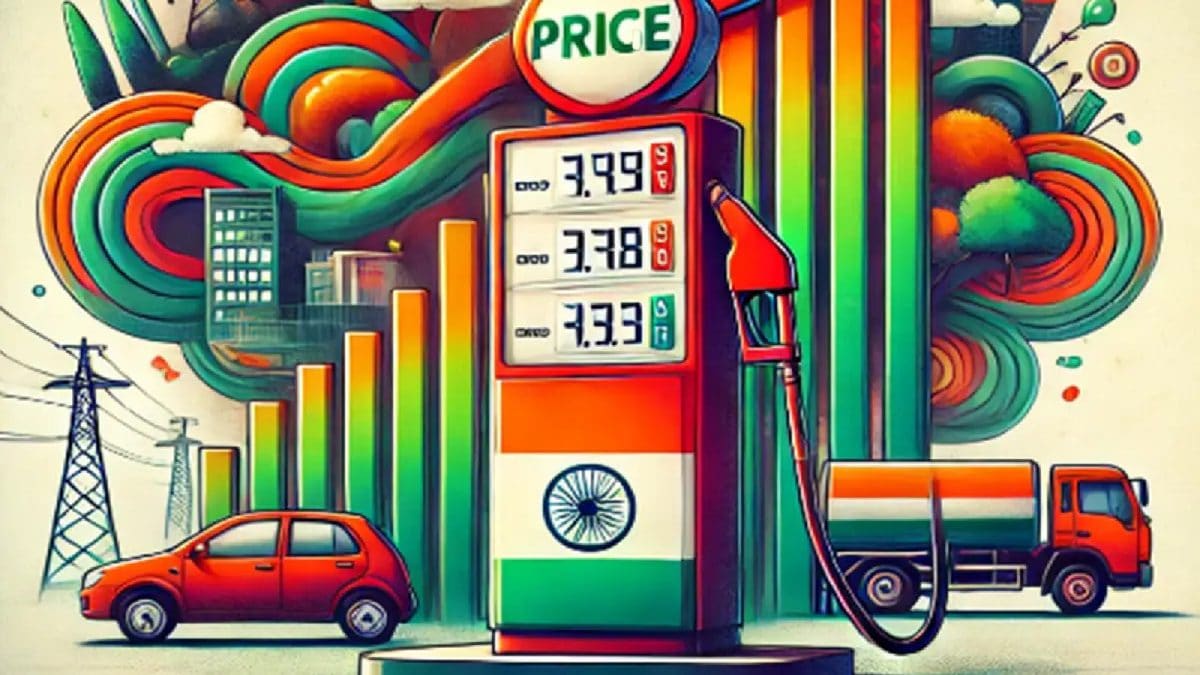
Last Updated:
Petrol, Diesel Price On December 15: Check City-Wise Rates Across India Including In Delhi, Mumbai and Chennai.

Petrol, Diesel Prices On May Dec 15
Petrol and Diesel Prices on December 15, 2025: OMCs update petrol and diesel prices daily at 6 AM, aligning them with fluctuations in global crude oil prices and currency exchange rates. This daily revision promotes transparency and ensures consumers have access to the most up-to-date and accurate fuel prices.
Petrol Diesel Price Today In India
Check city-wise petrol and diesel prices on December 15:
| City | Petrol (₹/L) | Diesel (₹/L) |
|---|---|---|
| New Delhi | 94.72 | 87.62 |
| Mumbai | 104.21 | 92.15 |
| Kolkata | 103.94 | 90.76 |
| Chennai | 100.75 | 92.34 |
| Ahmedabad | 94.49 | 90.17 |
| Bengaluru | 102.92 | 89.02 |
| Hyderabad | 107.46 | 95.70 |
| Jaipur | 104.72 | 90.21 |
| Lucknow | 94.69 | 87.80 |
| Pune | 104.04 | 90.57 |
| Chandigarh | 94.30 | 82.45 |
| Indore | 106.48 | 91.88 |
| Patna | 105.58 | 93.80 |
| Surat | 95.00 | 89.00 |
| Nashik | 95.50 | 89.50 |
Key Factors Behind Petrol and Diesel Rates
Petrol and diesel prices in India have remained unchanged since May 2022, following tax reductions by the central and several state governments.
Oil Marketing Companies (OMCs) update fuel prices daily at 6 am, adjusting for fluctuations in global crude oil markets. While these rates are technically market-linked, they are also influenced by regulatory measures such as excise duties, base pricing frameworks, and informal price caps.
Key Factors Influencing Fuel Prices in India
-
Crude Oil Prices: Global crude oil prices are a primary driver of fuel prices, as crude is the main input in petrol and diesel production.
-
Exchange Rate: Since India relies heavily on crude oil imports, the value of the Indian rupee against the US dollar significantly affects fuel costs. A weaker rupee typically translates to higher prices.
-
Taxes: Central and state-level taxes constitute a major portion of retail fuel prices. Tax rates vary across states, leading to regional price differences.
-
Refining Costs: The cost of processing crude oil into usable fuel impacts retail prices. These costs can fluctuate depending on crude quality and refinery efficiency.
-
Demand-Supply Dynamics: Market demand also influences fuel pricing. Higher demand can push prices up as supply adjusts to consumption trends.
How to Check Petrol and Diesel Prices via SMS
You can easily check the latest petrol and diesel prices in your city through SMS. For Indian Oil customers, text the city code followed by “RSP” to 9224992249. BPCL customers can send “RSP” to 9223112222, and HPCL customers can text “HP Price” to 9222201122 to receive the current fuel prices.
December 15, 2025, 07:28 IST
Read More
Business
Britons embrace AI and splurge on Skims in 2025, bank data shows

Britons leaned into the artificial intelligence (AI) boom in 2025, embraced Kim Kardashian’s shapewear brand Skims, and kept second-hand shopping prospering, new data shows.
Yearly spending data from digital bank Monzo sheds light on the shopping trends of its more than 14 million customers.
It highlights a concerted shift towards AI this year with spending on platforms like OpenAI more than doubling from £8 million in 2024 to £19 million in 2025.
Spending per person surged by 85% compared with the previous year.
OpenAI owns AI chatbot ChatGPT, which offers paid-for plans for people and businesses who want access to more advanced technology.
The service was launched three years ago and helped spark global interest in using generative AI technology for day-to-day tasks.
Elsewhere, Monzo’s data revealed that the second-hand shopping boom showed no signs of slowing down this year.
Its customers spent £210 million on resale platforms like Vinted and Depop over 2025, 13% more than 2024, as shoppers continued to track down deals on items like clothing and homeware.
But that did not stop people from shopping new at fast-growing brands like Skims, where spending reached over £1.8 million during the year.
The bank recorded a spike in May, double that of April, coinciding with the launch of a bra with a built-in nipple piercing design, helping drive sales for the shapewear label.
Kardashian’s kin Kylie Jenner also swept up £55,000 from Monzo customers spending on her beauty brand Kylie Cosmetics during 2025, while fellow US star Hailey Bieber’s beauty brand Rhode raked in £736,000.
When it comes to grocery spending, Tesco claimed the top spot with customers spending around £1.7 billion at the UK’s biggest supermarket.
This was nearly double the £930 million that shoppers spent at the number two supermarket, Sainsbury’s.
The data also revealed travel trends with customers spending £10 million on bike rental firm Lime between June and September.
And Londoners embraced Halloween with the day seeing one of the biggest spikes for Transport for London in 2025.
AJ Coyne, vice president for marketing at Monzo, said: “This was a year of cultural moments defining people’s spending habits.
“Whether they were shopping for viral must-have products, embracing ‘90s Britpop nostalgia or living life on two wheels, we’ve seen every trend unfold in real time in the Monzo app.”
The decade-old bank, which is the seventh largest in the UK by customer numbers, launches its “Year in Monzo” feature for customers on Monday.
Similar to the popular Spotify Wrapped campaign, it gives customers of the bank insights into their personal spending habits.
Business
Deepening Pak-Indonesia ties | The Express Tribune
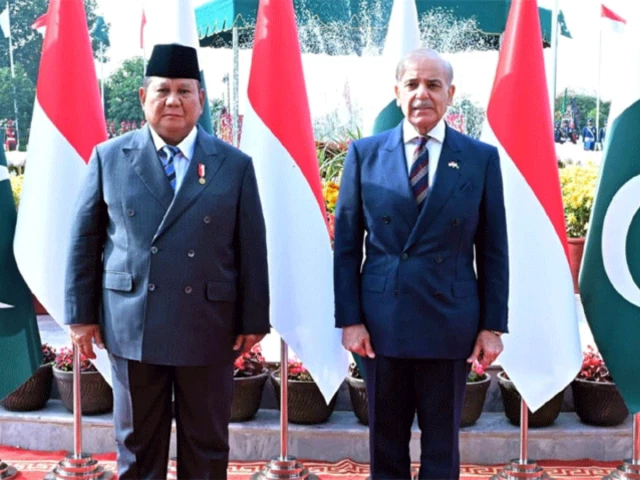
With supportive tariffs, electronics manufacturing can emerge as major pillar of Indonesia’s investment footprint
President of Indonesia Prabowo Subianto and Prime Minister Shehbaz Sharif Photo: Radio Pakistan
ISLAMABAD:
Pakistan and Indonesia are steadily shaping one of South and Southeast Asia’s most consequential, yet under-reported, economic relationships. What began as a tariff-centred arrangement has matured into a broader commercial partnership driven by commodity flows, rising business-to-business engagement, and an expanding agenda for investment cooperation.
Recent figures underline this momentum. Bilateral trade reached $4.2 billion in 2024, and early 2025 numbers continue to climb. Between January and September 2025, trade volumes touched $2.92 billion, up from $2.69 billion during the same period of last year. This steady rise reflects both the resilience of commodity flows and the gradual expansion of non-traditional product lines entering each other’s markets. Yet the structural imbalance persists – Indonesia remains the dominant exporter, while Pakistan’s outbound shipments largely remain confined to a narrow set of labour-intensive items.
Palm oil remains the anchor of this asymmetry. As one of the world’s largest consumers of imported edible oils, Pakistan depends heavily on Indonesian supply – a reality that shapes pricing, availability, and strategic planning for domestic refiners and food manufacturers. The Indonesian Palm Oil Association reaffirmed in late 2024 and again in 2025 that Indonesia will continue prioritising Pakistan’s edible oil requirements. This stable flow is a valuable assurance for Pakistan, though vulnerability to biodiesel mandates, domestic Indonesian policy shifts, and global price cycles remains.
The policy framework for bilateral trade is robust on paper but under-leveraged in practice. The Indonesia-Pakistan Preferential Trade Agreement (IP-PTA) provides a predictable tariff structure, yet businesses on both sides note that the agreement has not kept pace with evolving supply chain realities. Rules of origin, digital documentation, sanitary and phytosanitary alignment, and services-sector protocols require updating. In short, the scaffolding exists; the operational architecture needs modernisation.
On the export diversification front, opportunities remain substantial but under-exploited. Pakistani exporters identify textiles, home linen, surgical instruments, rice, leather, and processed foods as areas with strong potential in Indonesia’s consumer-driven market. Conversely, Indonesian firms see Pakistan as an attractive destination for electronics, machinery, processed foods, and – significantly – investments in logistics, refining, and distribution infrastructure. Joint ventures in edible oil refining, port-side storage terminals, and downstream food processing plants have been actively discussed at recent business forums.
Business-to-business engagement is deepening faster than government-led initiatives. Delegations from Karachi, Lahore and Islamabad continue to visit Jakarta, Bandung, and Surabaya for sector-specific roundtables and trade fairs. Chambers of commerce on both sides are pushing for SME-focused engagement, with a growing emphasis on using Indonesia as a gateway to Asean and encouraging Indonesian firms to view Pakistan as an entry point to South Asia and Central Asia. This bottom-up momentum is likely to be a major driver of bilateral expansion in the years ahead.
The constraints are equally real. Pakistan’s exporters face high freight costs, fragmented market intelligence, and complex Indonesian non-tariff standards. Indonesian suppliers, meanwhile, must navigate Pakistan’s volatile exchange conditions and inconsistent regulatory signals. Domestic Indonesian policies – particularly biodiesel blending requirements and temporary export curbs – periodically disrupt Pakistan’s edible oil supply chain. For both sides, these frictions complicate long-term planning.
To strengthen and stabilise the partnership, a series of practical measures merit serious consideration. Upgrading the IP-PTA into a broader Free Trade Agreement would be a critical first step, incorporating services, digital trade, clearer investment rules, and mutual recognition of standards. Securing long-term edible oil supply contracts, supported by dedicated storage and port-side infrastructure in Pakistan, would help cushion policy shocks. Joint ventures in refining and downstream processing could add value locally while reducing dollar-based import exposure.
Equally important would be establishing bilateral certification and standards alignment centres to help SMEs meet regulatory requirements more easily. A dedicated Pakistan-Indonesia trade portal could provide real-time tariff data, logistics options, and a digital dispute resolution window – the essential tools for smaller exporters. An investment facilitation desk, jointly staffed by the two governments and linked to export credit agencies, could accelerate approvals and de-risk early-stage projects.
Recent diplomatic and business activity suggests that both sides recognise the importance of moving in this direction. In 2024 and 2025, the Pakistan-Indonesia Business Council and Indonesian diplomatic missions in Karachi engaged in active discussions around agriculture, manufacturing, energy, halal products, and logistics investment. There is also renewed advocacy for finalising a comprehensive trade agreement and introducing direct flights to reduce logistics costs and expand business mobility. These developments signal that investment is becoming a central theme of the bilateral agenda.
A promising new area is Pakistan’s fast-growing electronic appliances market. Demand for air-conditioners, refrigerators, fans, small home appliances, and LED TVs is expanding at a pace that now requires fresh global investment. Indonesian manufacturers – already competitive in mid-range electronics – see Pakistan as an attractive destination due to its large consumer base, improving localisation policies, and lower production costs compared to many Asean peers. Early conversations between Indonesian appliance makers and Pakistani industry groups indicate serious interest in assembling and eventually manufacturing select product lines inside Pakistan.
If realised, Indonesian investment in this sector could have significant spillovers. Local assembly partnerships would reduce import dependence, stabilise prices, and generate jobs across the electrical, metal works, plastic moulding, and logistics value chains. With supportive tariff policies and streamlined approvals, electronics manufacturing could emerge as one of the next major pillars of Indonesia’s investment footprint in Pakistan.
The writer is a Mechanical Engineer
-

 Politics7 days ago
Politics7 days agoThailand launches air strikes against Cambodian military: army
-

 Fashion7 days ago
Fashion7 days agoGermany’s LuxExperience appoints Francis Belin as new CEO of Mytheresa
-

 Politics1 week ago
Politics1 week agoZelenskiy says Ukraine’s peace talks with US constructive but not easy
-

 Politics1 week ago
Politics1 week ago17 found dead in migrant vessel off Crete: coastguard
-

 Politics4 days ago
Politics4 days agoTrump launches gold card programme for expedited visas with a $1m price tag
-

 Tech5 days ago
Tech5 days agoJennifer Lewis ScD ’91: “Can we make tissues that are made from you, for you?”
-

 Business4 days ago
Business4 days agoRivian turns to AI, autonomy to woo investors as EV sales stall
-

 Sports1 week ago
Sports1 week agoSources: Baylor set to hire McNamee as Bears’ AD


